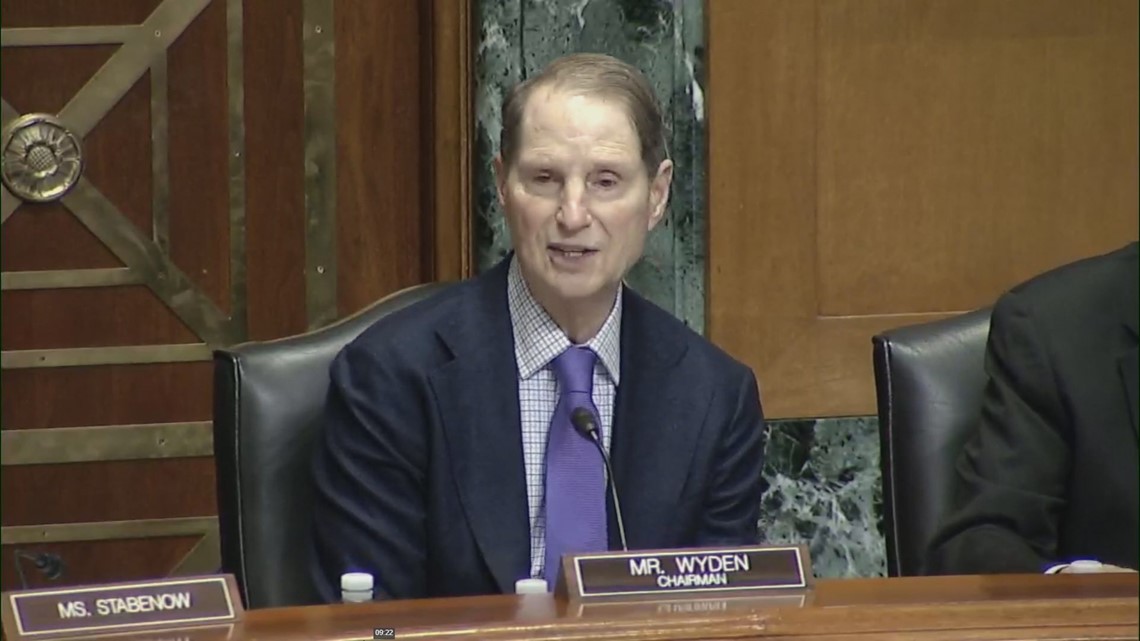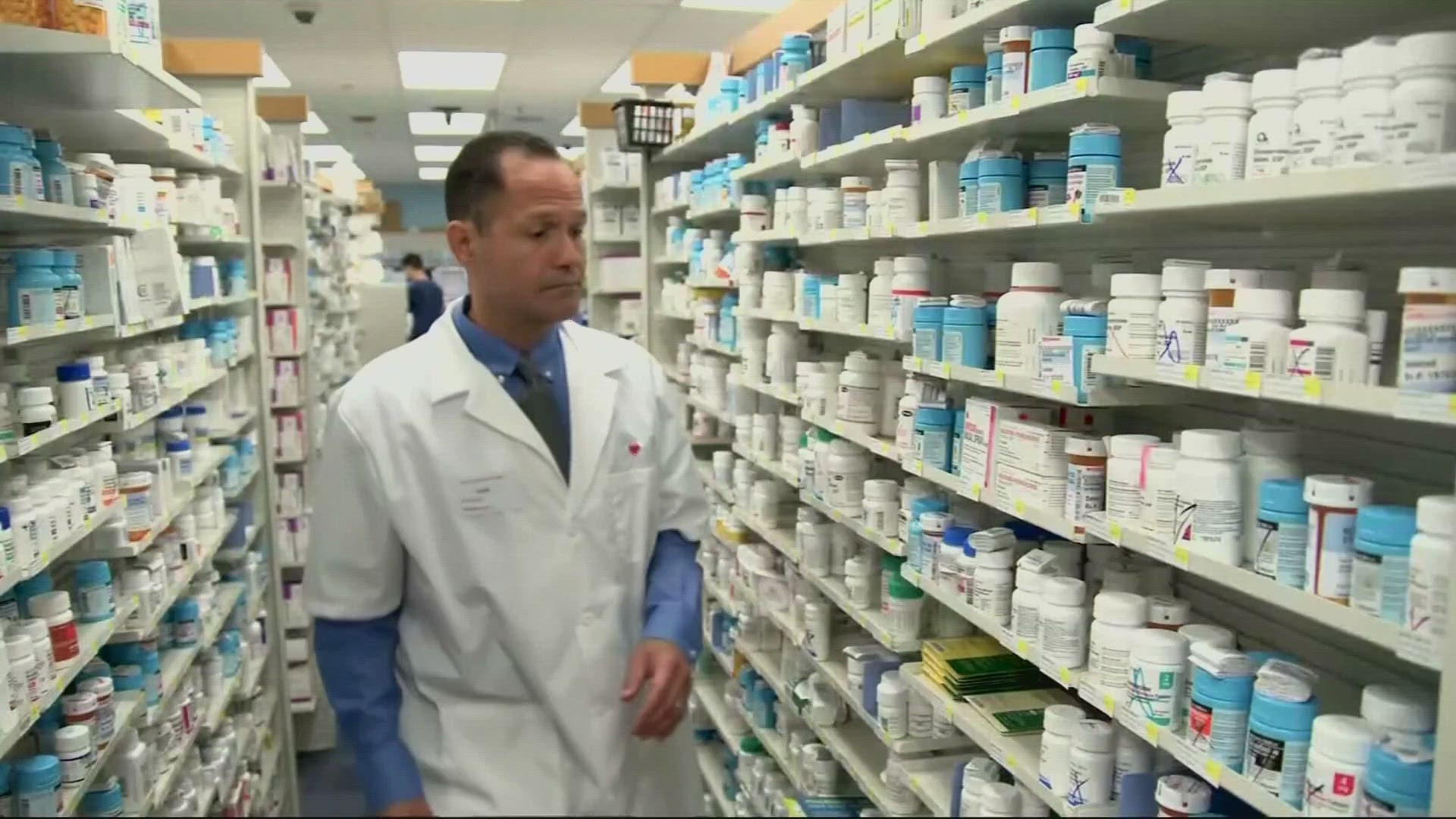PORTLAND, Oregon — If you've not heard the term “pharmacy benefits manager," just think Express Scripts, Caremark, Optum Rx and others. About 85% of Americans get their drug prescriptions through a pharmacy benefits manager (PBM).
But PBMs are under fire for practices that watchdogs say drive up the cost of prescription medications, with independent pharmacies and consumers getting the worst of it.
For everything from prostate drugs to insulin, PBM's have a hand in setting prices for what they pay manufacturers, and also what they charge insurance companies and individuals, which critics say too often is way too much.
“And people care whole lot about this matter of not getting mugged at the pharmacy counter, they don't get it," said Oregon Senator Ron Wyden.


As chair of the U.S. Senate Finance Committee Wyden led a hearing this week, with a panel of experts on the PBM problem.
Here's the history: when insurance companies began offering prescription drugs as a health plan benefit in the 1960s, PBMs were created to help insurers contain drug spending.
Originally, PBMs decided which drugs were covered in an insurance plan, and administered drug claims.
It was supposed to be good for insurers, and ultimately their plan participants.
But over the years, critics say a lack of transparency and regulation has turned PBMs into huge price manipulating and profit making organizations.
According to Pacific University Professor of Pharmacy Mike Millard, the solution evolved into the problem.
“The question becomes how much of this are you keeping and how much of it should you be using to benefit the Oregonian, the person, versus the insurance company, and it's pretty clear that almost none of this has ever passed on to the patient,” he said.
Attorney's General in many states, including Oregon, have tried to take on the PBMs with legal action, but now a national spotlight with a congressional investigation trying to get to the bottom of a broken system, affecting millions of people in Oregon and Washington and across the country.
“We need to get to a situation where people can really understand what the price of their medication is and it becomes affordable for them to get what they need to maintain their health," said Millard.

